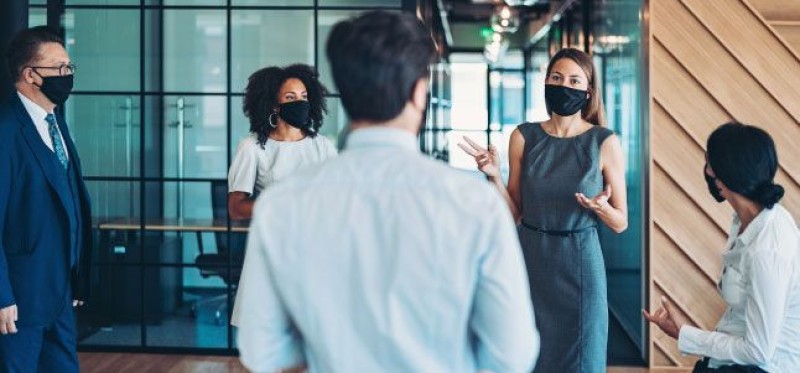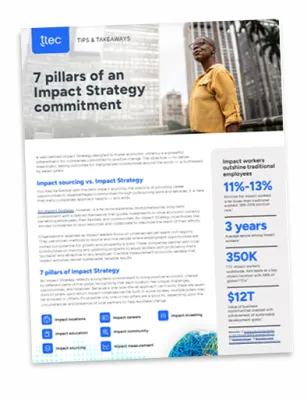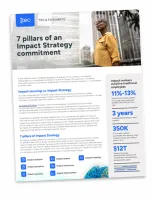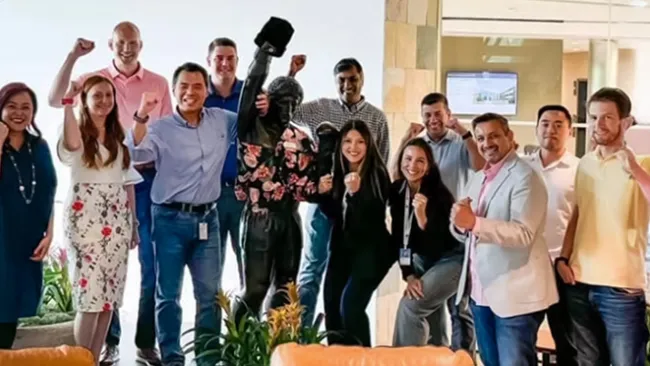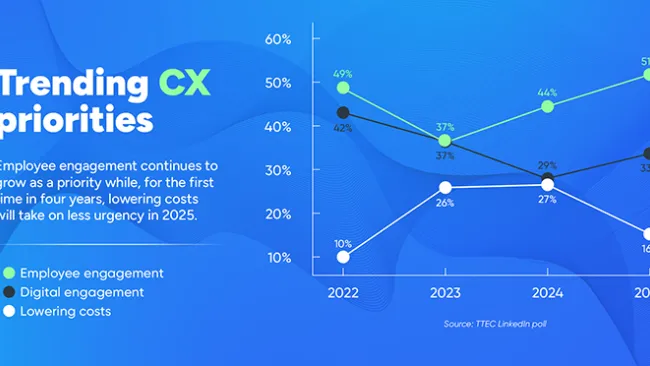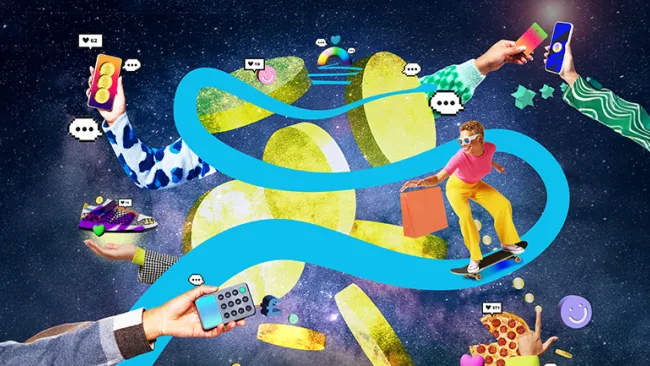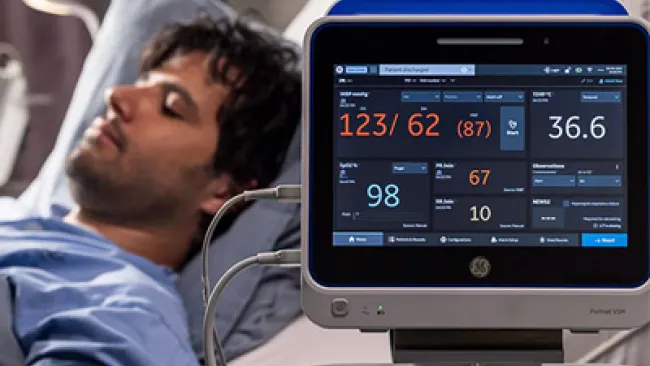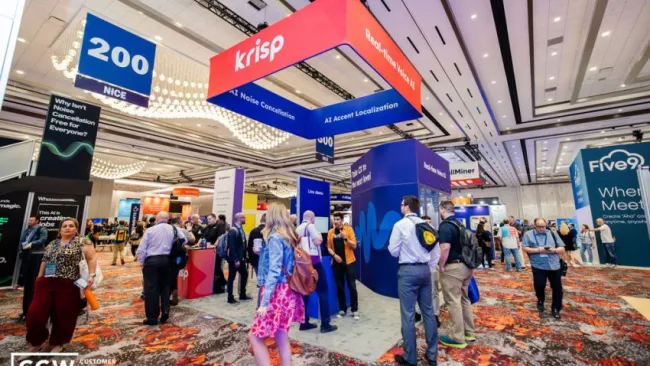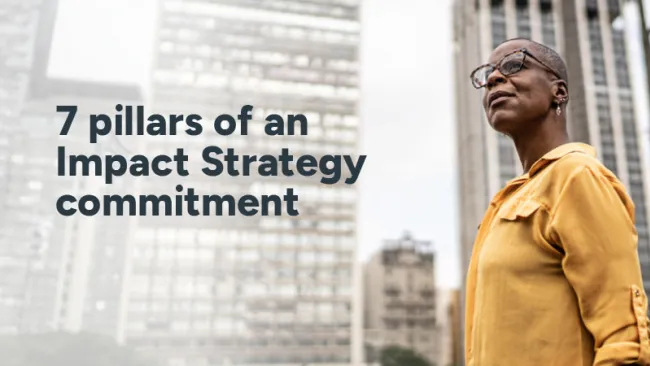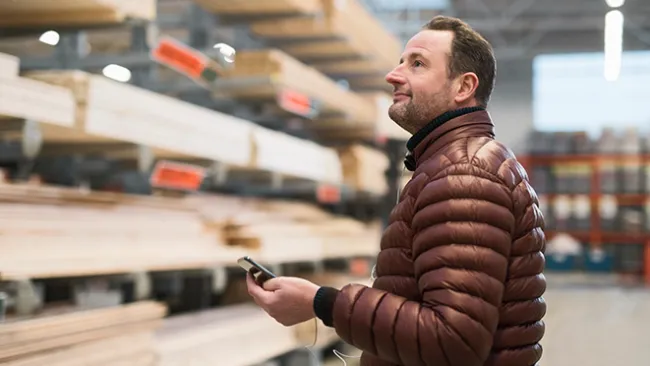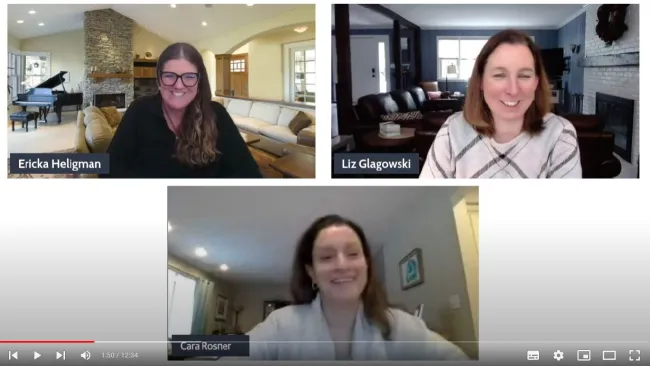As the COVID-19 pandemic drags on, prevention guidelines and restrictions can feel incredibly challenging. Eric Yaverbaum, CEO of Ericho Communications, knows firsthand what it is like to be stricken with the coronavirus while leading a company. He shared key insights and lessons for helping employees combat COVID-19 fatigue. The following is a lightly edited transcript of our conversation.
So here we are in the ninth month of the pandemic and from what I understand, you contracted the coronavirus infection. Can you tell me what was it like recovering from it?
Awful, it's as bad as you may have heard. You know, I was in bed for 29 days. I was pretty ill, I had an oxygen tank and I had five nights where I didn't know if I could get air into my lungs. I mean, that's five nights in a row where I'm thinking it was the last breath. So, you know not to be overly dramatic, but it's awful.
The thing about it is, is that I stayed in bed. I took care of myself. I never, for a second lost hope. I was very, very transparent about my particular set of circumstances and in a 40-year career, this wasn't the thing I wanted to be known for, for being, you know, the sick guy in bed. But I wanted people to know that there was help. You can get better, but take it serious and listen to what people, government officials are telling you to do, as confusing as that might be. Let's get this under control. You don't want what I had.
From your experience being a patient and an employer, what would you say was key to maintaining employee morale?
Leadership has to instill a little bit of hope, a little bit of confidence. You got to lean in, you got to make sure that you're very, very transparent. My personal life in 40 years of being in the news has never been discussed nearly to the degree that it is now. I think it's important that people know about that. I'm just like you, I don't want to get sick. I don't want my neighbor to get sick. I don't want anybody in my family to get sick.
I'm also pragmatic and I'm a realist and I've been inspired by some historical figures in my life. Some of them, you know, I've represented. And, you know, I was always struck by Mr. Rogers, Fred Rogers’ testimony before Congress in ‘69, before there even was a PBS. And, you know, he said that in, in times of trouble, look for the helpers. If you see that they're there you'll know there's hope. And I just want to be a helper.
Your headquarters is based in New York City—what's your outlook for the coming year? When do you expect companies to return to pre-pandemic levels of business?
EY: I think they might not. I think it's going to be different. Look, I'm biased. I think New York City is the greatest zip code on the planet, but I don't think life will resume as it once was. I think it will be different in my industry for what we do. We actually don't need those fancy conference rooms. We don't need to pay the rent that we paid in the old days. We don't need it as long as we can stay in touch, watch each other's backs, play, you know, each of our individual roles.
